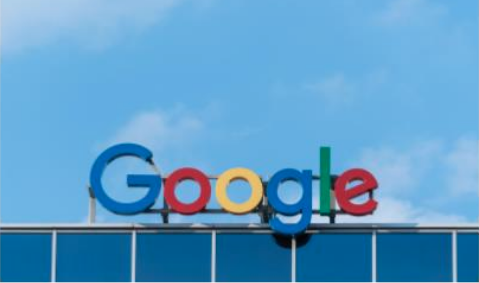A Field Guide to Local SEO Success
Want to crush the competition and cultivate more customers close to you? Here are steps you can take right now to build your online presence and sell more in your area.
Nurture Your Listings.
Google My Business is the place to start. Claim and complete your Google My Business Page. When you choose categories, be super accurate and super picky; fewer categories (but the right ones) will get you better results. Photos can give you a big boost, so include pics of your facilities, your team, your products and – if they’re okay with it – your customers.
And think beyond Google. For example, Bing Places for Business still has about a third of the market. So claim and complete your Bing Places for Business Page. Likewise, there are literally hundreds of online directories like Yelp, Apple Maps, Foursquare, Yahoo Local and Yellow Pages. Make sure you’re listed on the important ones for your business, and that your listing is up to date and accurate.
Don’t overlook social media. A lot of customers are using Facebook to find and talk to a business, so having a Facebook Business Page is a big deal. Same with other social platforms like Twitter, Instagram and LinkedIn; grab those business pages even if you’re not a heavy user of their platforms. Most sites let you pin a post or tweet to the top of the page where you can ask visitors to call, follow you or drop by your website. Do that.
As with everything else, make sure the information is complete, accurate, and current. If your hours change, update everything. And this is important: make absolutely sure your core information like name, address, and phone number is exactly the same across all listings and platforms. It makes Google happy. And happy Google is your best friend.
Think About Reviews.
Did you know that positive reviews can make you more visible online? It’s true. So be sure to claim your listing on review sites. To ensure a high percentage of favorable reviews, respond to reviewers, especially critical ones, in a positive and friendly way. Use critical reviews to improve how you do things, then let those critics know the steps you’ve taken.
If a reviewer says something that simply isn’t factual, most platforms allow you to challenge it. If you encourage reviews (and you should), ask customers to use your city and a keyword or two in their review. That tells Google you’re a reputable local business.
Go Mobile.
Google pulled a fast one on you while you weren’t looking. They went all mobile-first on you. That means they now look at the mobile version of your website (think: your smartphone) before the “regular” desktop version. So be sure your mobile site is firing on all cylinders. Start with Google’s own mobile-friendly test.
Some Nerdy Stuff.
For local SEO, you can use structured data markups to help Google better understand your business. This might include items like your departments or divisions, location or locations, hours, contact information and more. Likewise, keeping those “invisible” meta titles, tags and descriptions current and complete can help searchers find you faster. For local results, include your location specifically in those meta descriptions.
Locate Yourself.
When you create content for your site, include local references. Mention local events, landmarks, organizations and anything that ties you and your brand to the local community you want to reach. For example, if you’re a car dealer, a brewery or a dog trainer, drop in your city (and even state) name when you describe yourself, as in, “we’re Louisville, Kentucky’s newest brewpub.”
Get Local Links.
Having other local websites link to yours is big. Really big. But don’t buy ‘em. You need to earn those inbound links the old-fashioned way. For example, every time you’re mentioned (and linked to) by a local newspaper, blog, tourism bureau or reviewer, that inbound link helps fix you in place. The more authority the site has, the better. Links from social media matter, too. Which means pursuing positive PR is good for local SEO — and business.
There’s more to local SEO, of course. But this gives you a strong start if you want to show up more often and higher in local searches.


Recent Comments